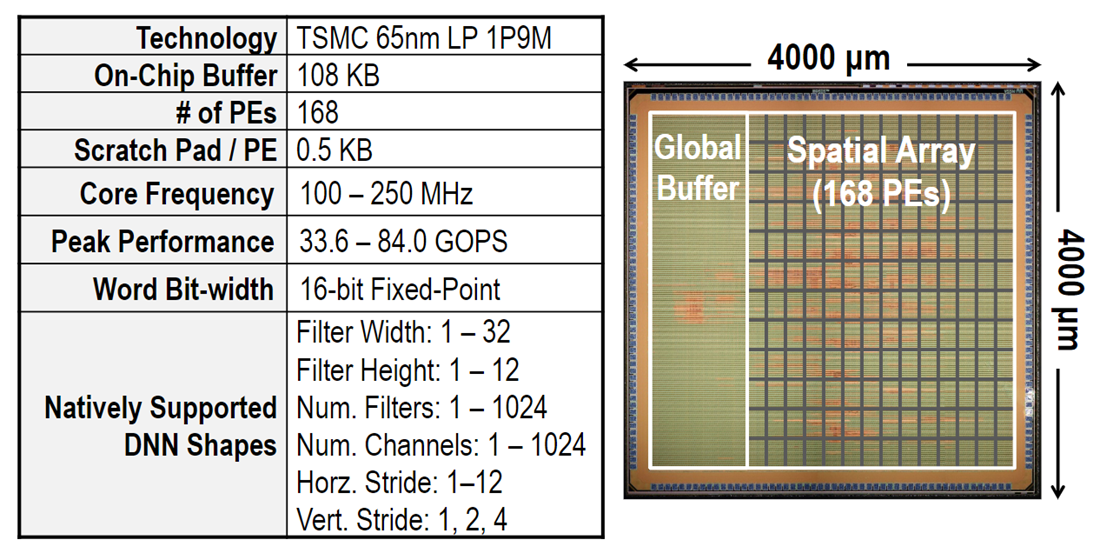Born-Infeld (BI) for AI: Energy-Conserving Descent (ECD) for Optimization
This repository contains the code for the BBI optimizer, introduced in the paper Born-Infeld (BI) for AI: Energy-Conserving Descent (ECD) for Optimization. 2201.11137. It is implemented using Pytorch.
The repository also includes the code needed to reproduce all the experiments presented in the paper. In particular:
-
The BBI optimizer is implemented in the file
inflation.py. -
The jupyter notebooks with the synthetic experiments are in the folder
synthetic. All the notebooks already include the output, and text files with results are also included in the folder. In particular- The notebook
ackley.ipynbcan be used to reproduce the results in Sec. 4.1. - The notebook
zakharov.ipynbcan be used to reproduce the results in Sec. 4.2. - The notebook
multi_basin.ipynbcan be used to reproduce the results in Sec. 4.3.
- The notebook
-
The ML benchmarks described in Sec. 4.5 can be found in the folders
CIFARandMNIST. The notebooks already include some results that can be inspected, but not all the statistics that builds up the results in Table 2. In particular:-
CIFAR : The notebook
CIFAR-notebook.ipynbuses hyperopt to estimate the best hyperparameters for each optimizer and then runs a long run with the best estimated hyperparamers. The results can be analyzed with the notebookanalysis-cifar.ipynb, which can also be used to generate more runs with the best hyperparameters to gather more statistics. The subfolderresultsalready includes some runs that can be inspected. -
MNIST: The notebooks
mnist_scan_BBI.ipynbandmnist_scan_SGD.ipynbperform a grid scan using BBI and SGD, respectively and gather some small statistics. All the results are within the notebooks themselves.
-
-
The PDE experiments can be run by running the script
script-PDE.shasbash script-PDE.shThis will solve the PDE outlined in Sec. 4.4 and App. C multiple times with the same initialization. The hyperparameters are also kept fixed and can be obtained from the script itself. In particular:
feature 1means that an L2 regularization is added to the loss.seedspecifies the seed, which fixes the initialization of the network. The difference between the different runs then is only due to the random bounces, which are not affected by this choice of the seed.
The folder
resultsalready includes some runs. The runs performed in this way are not noisy, i.e. the set of points sampled from the domain is kept fixed. To randomly change the points every "epoch" (1000 iterations), edit the fileexperiments/PDE_PoissonD.pyby changing line 134 toself.update_points = True.
The code has been tested with Python 3.9, Pytorch 1.10, hyperopt 0.2.5. We ran the synthetic experiments and MNIST on a six-core i7-9850H CPU with 16 GB of RAM, while we ran the CIFAR and PDE experiments on a pair of GPUs. We tested both on a pair of NVIDIA GeForce RTX 2080 Ti and on a pair of NVIDIA Tesla V100-SXM2-16GB GPUs, coupled with 32 GB of RAM and AMD EPYC 7502P CPUs.
The Resnet-18 code (in experiments/models) and the utils.py helper functions are adapted from https://github.com/kuangliu/pytorch-cifar (MIT License).

